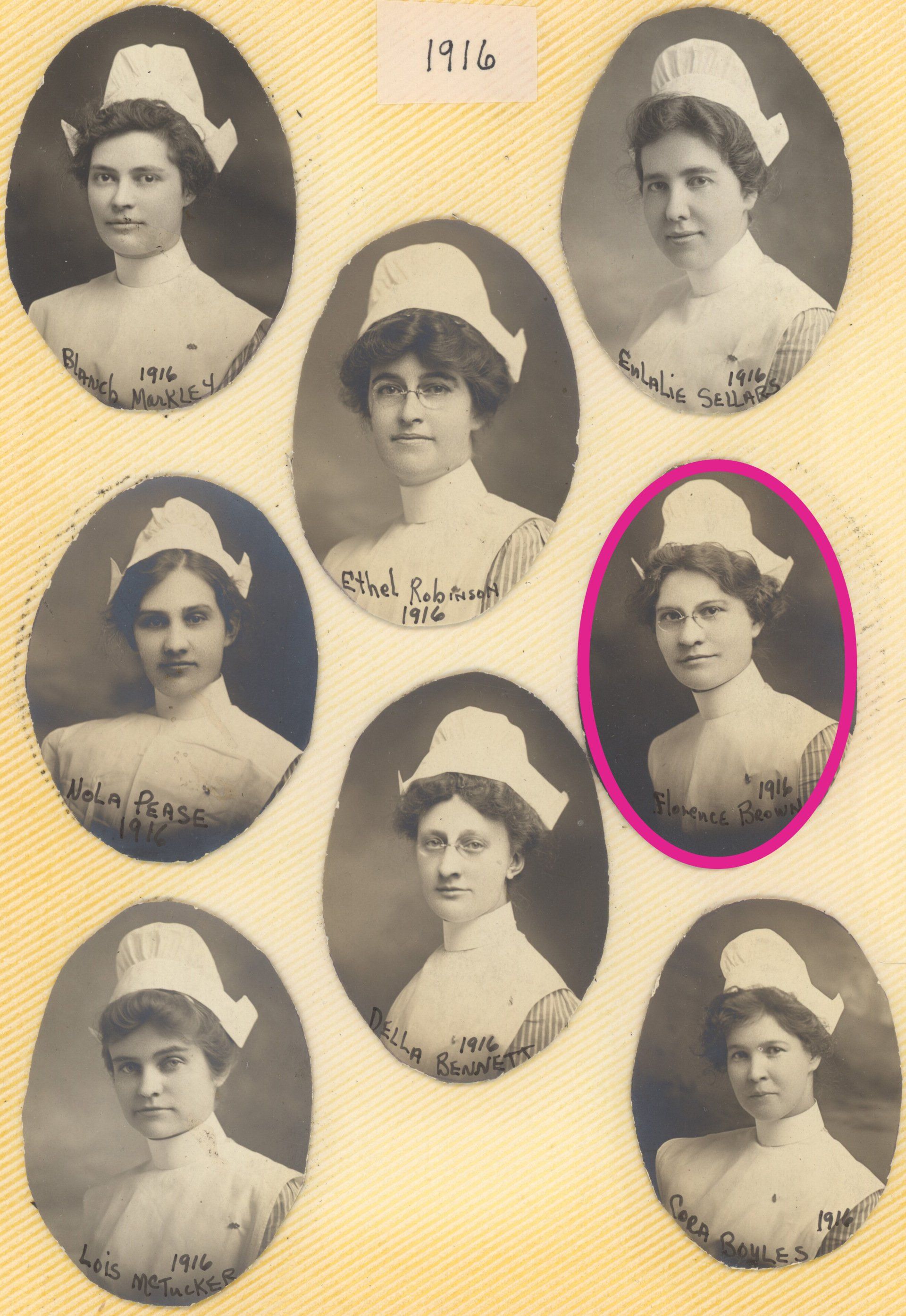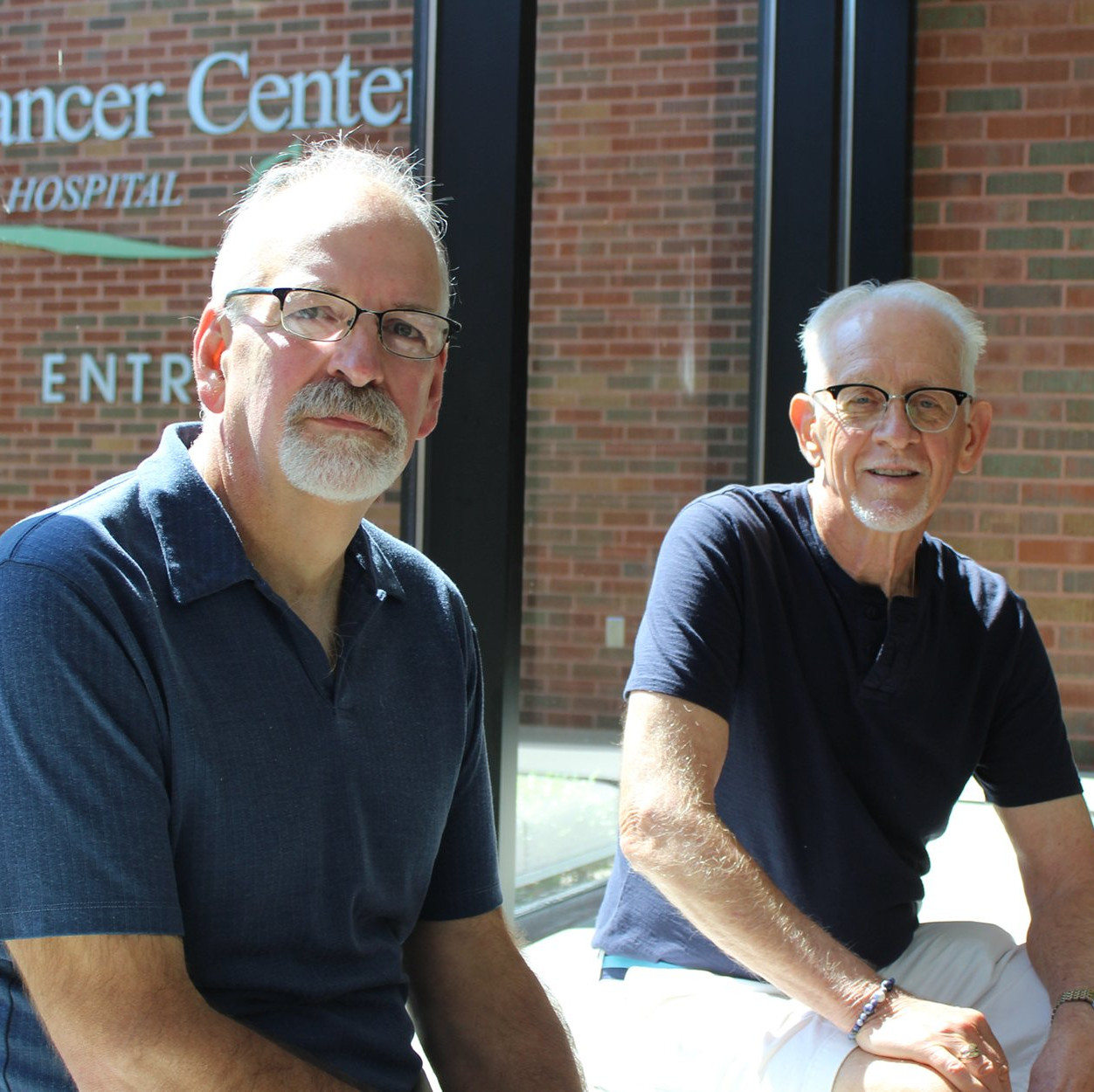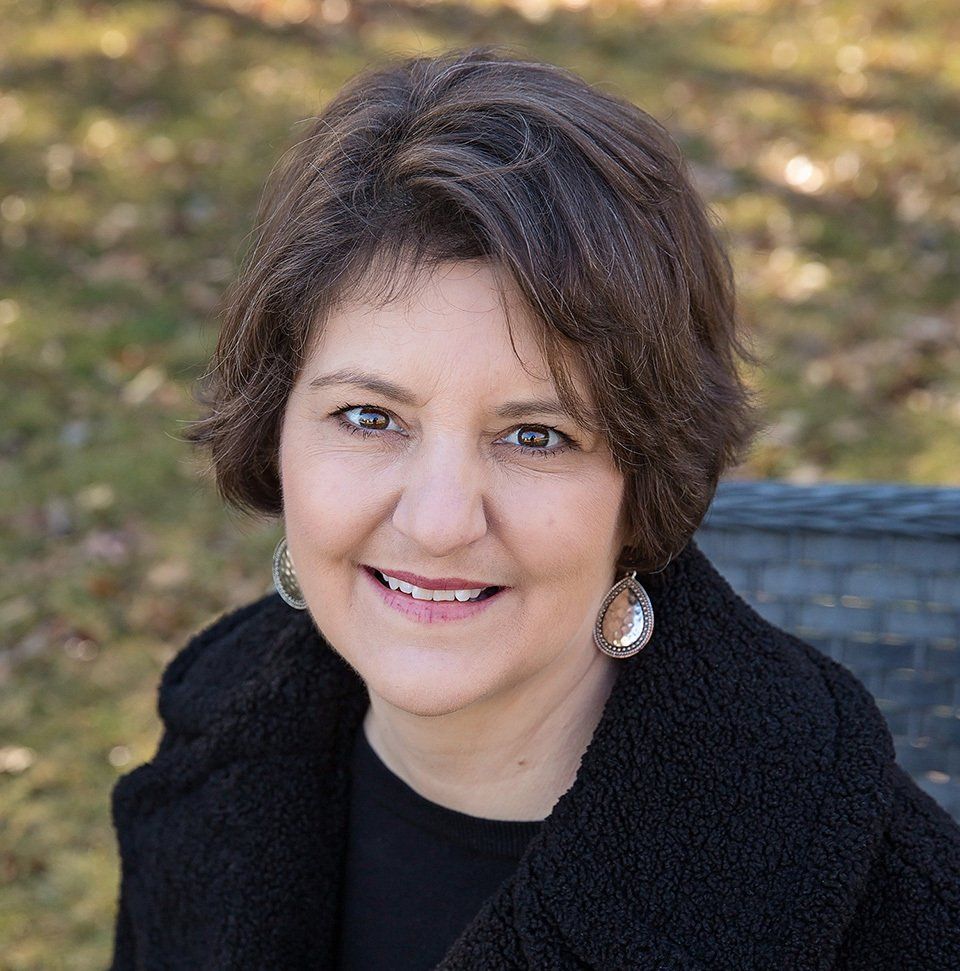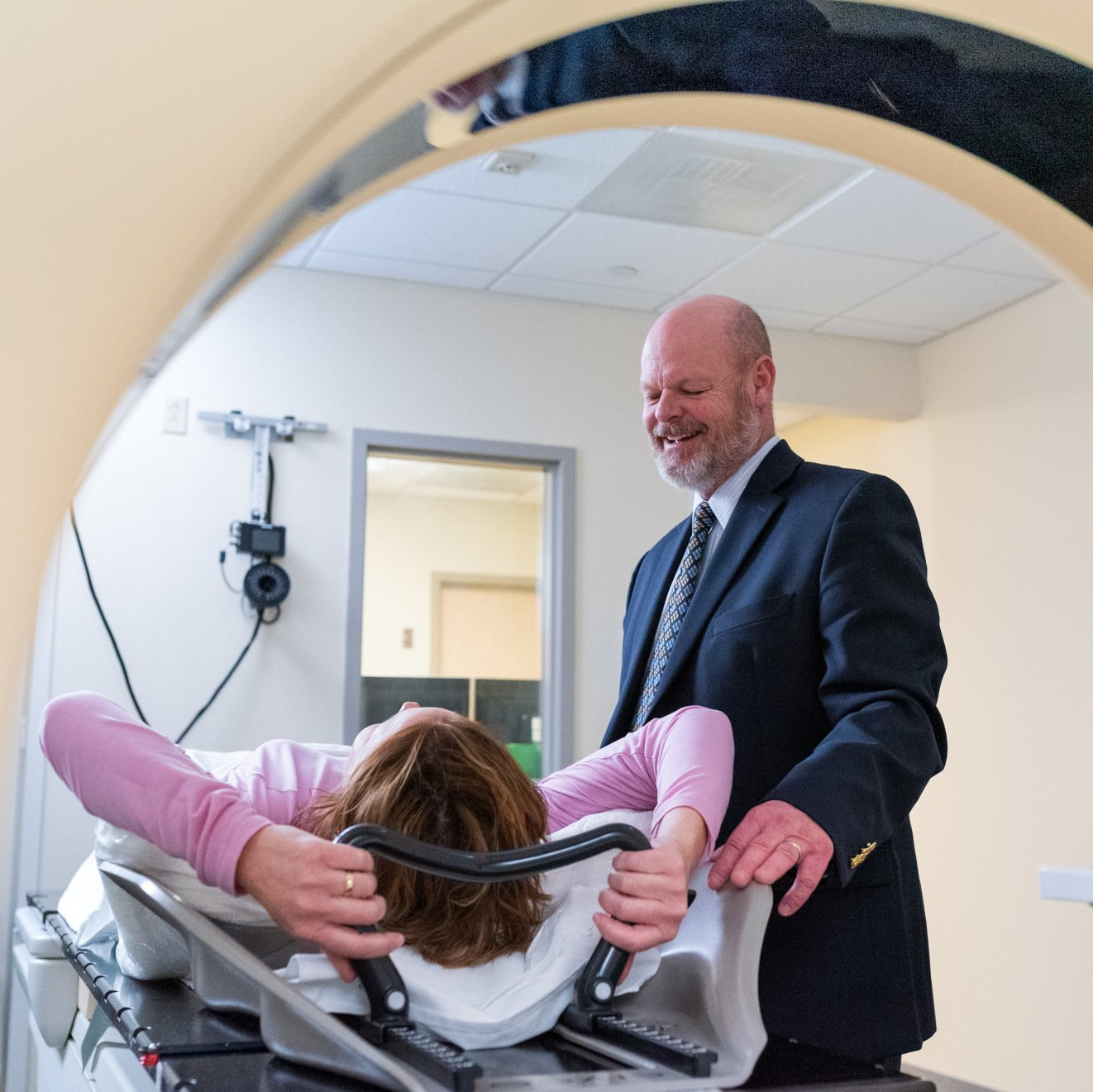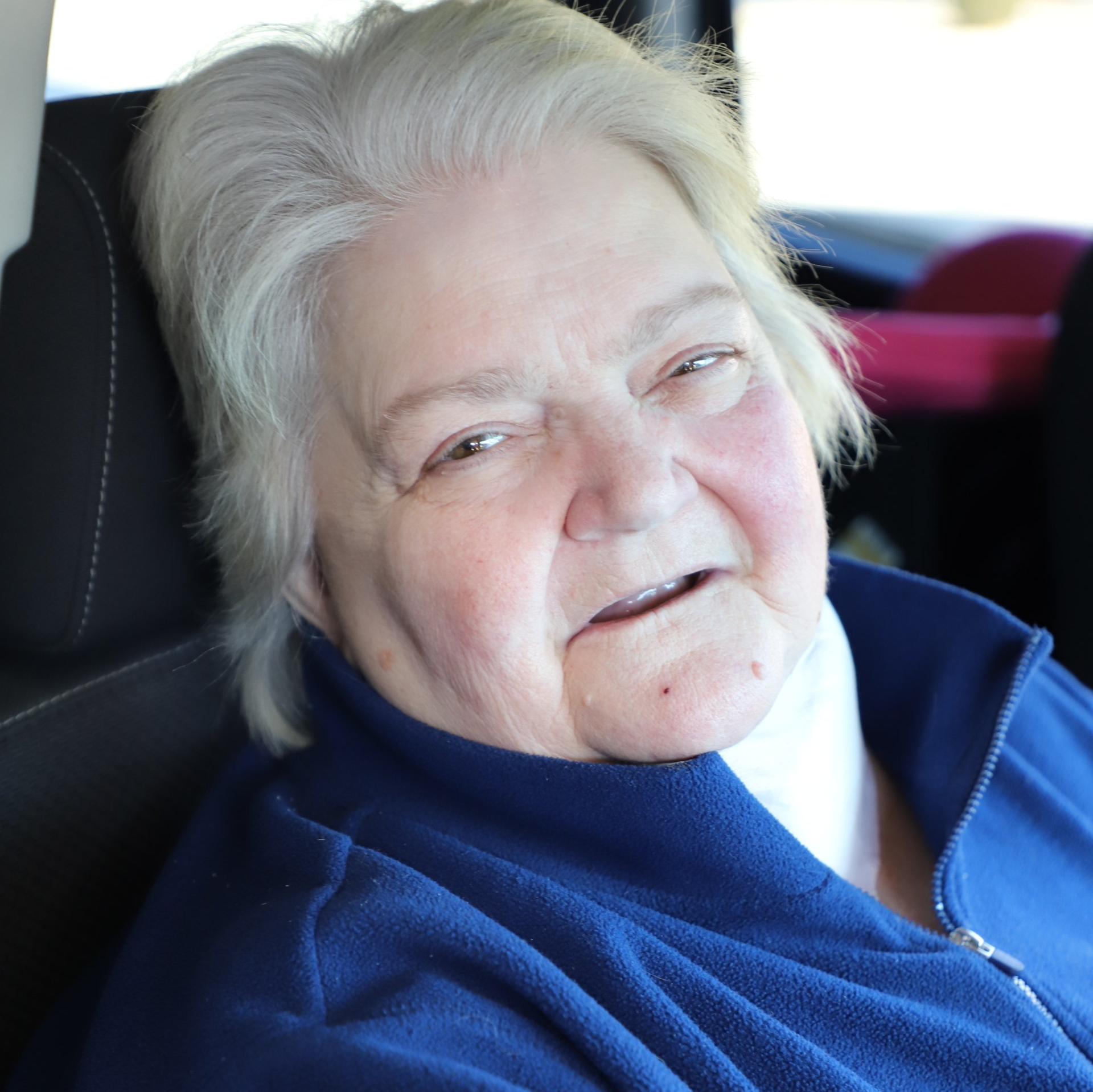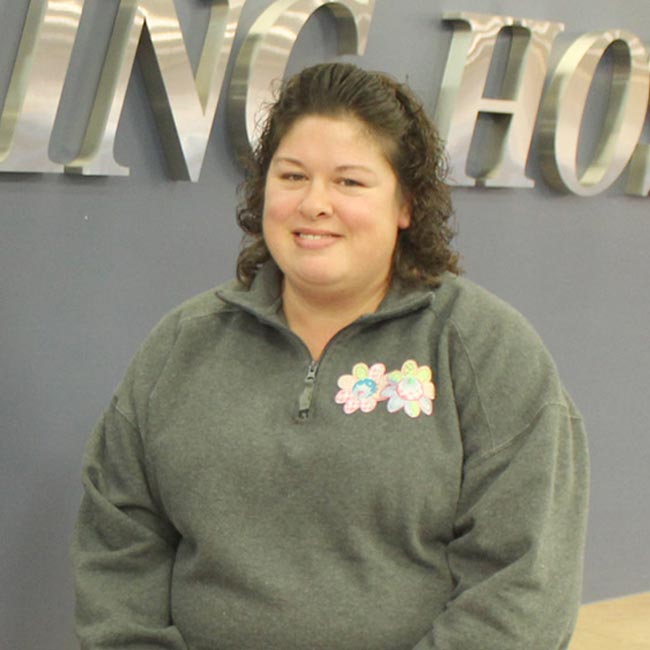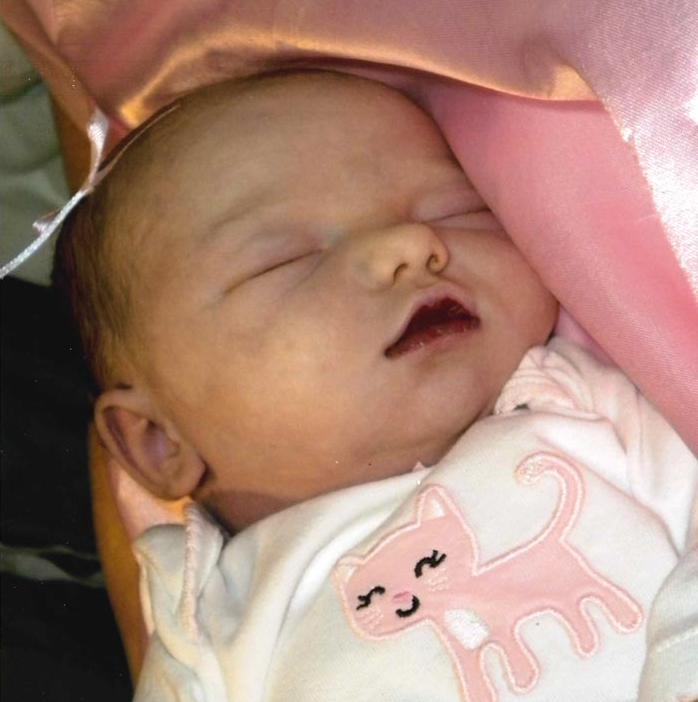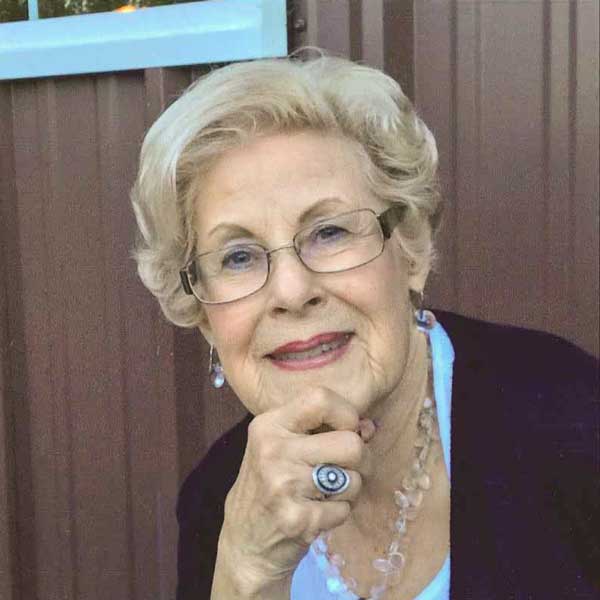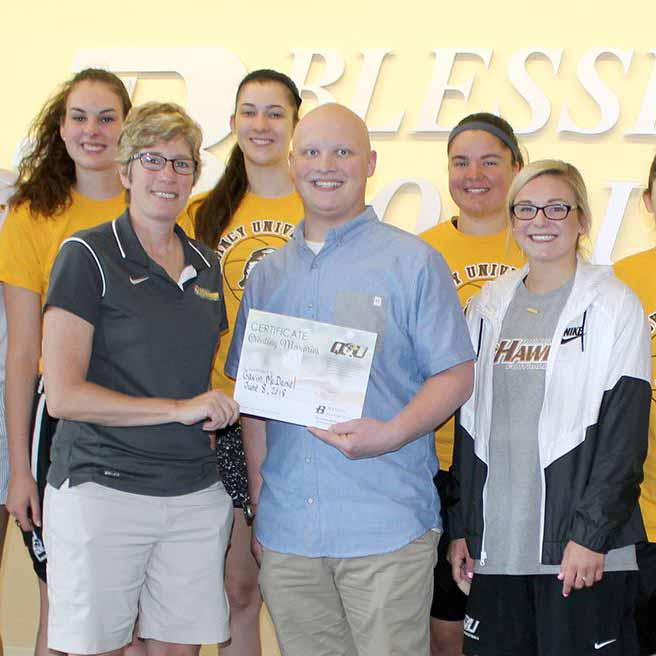Helping Nursing Students in Crisis
March 2020
Unexpected expenses and financial difficulties could easily force students to delay or end their nursing education.
A generous benefactor created a fund to ensure Blessing-Rieman students facing a financial crisis get the help they need.
At 35, Sarah Kramer decided it was time to pursue a more meaningful career. So, she gave up her banking job and enrolled in nursing school.
“I wish I would have pursued health care from the get-go,” Sarah said. “I was pushed toward business. But on my 35th birthday, I was at work and I realized that sitting at a desk is not what I wanted. I said, ‘I can’t do this for 30 more years.’”
Sarah saw an advertisement for a Second Degree BSN program offered by Blessing-Rieman College of Nursing & Health Sciences – and she started on the road toward her dream career.
But when the single mom of two teen daughters encountered some financial bumps in the road, she started to worry.
Thankfully, Sarah was able to get help through a Blessing Foundation fund created specifically for nursing students in financial crisis. Grants from the fund allowed her to pay for groceries and gas, stop stressing about money, and focus on her education and future career.
“I didn’t want to give up school or time with my kids,” Sarah said. “I appreciate the assistance and just the peace of mind it gives.”
‘You can see the stress melt away’
Sarah Mueller, the college’s Student Services counselor, says the Helen J. Brown Crisis Fund has been a blessing for many students.
“We have lots of students putting themselves through school and need help with rent or paying for medication or a new tire on their car or some type of unexpected expense,” Mueller said. “It’s nice to be able to help them through this crisis situation, so they can continue their education and become a nurse.”
Students who are single parents or on fixed incomes, in particular, have a difficult time making ends meet, especially if they can’t work full time because of the intensity of their nursing curriculum. A financial crisis could force a student to quit or delay their education.
Even if they don’t quit, the stress related to the financial problems compounds the stress they already may be feeling from their coursework and clinical experiences.
“Stress can have a negative effect on their mindset and overall level of functioning,” Mueller said. “If we can help reduce that financial stress, they can focus on school. We’ll get to see them graduate and they’ll get to better their lives by getting a degree and becoming a nurse.”
When a student is told about the grants available through the Helen J. Brown Crisis Fund, Mueller says they are relieved and grateful.
“You can see the stress melt away,” she said.







